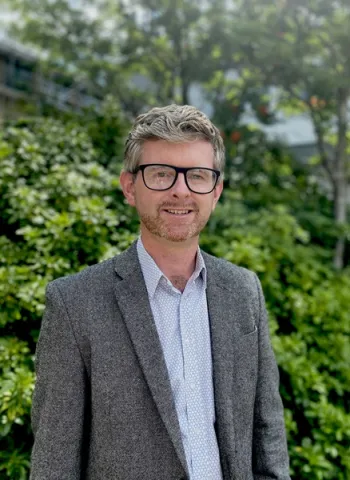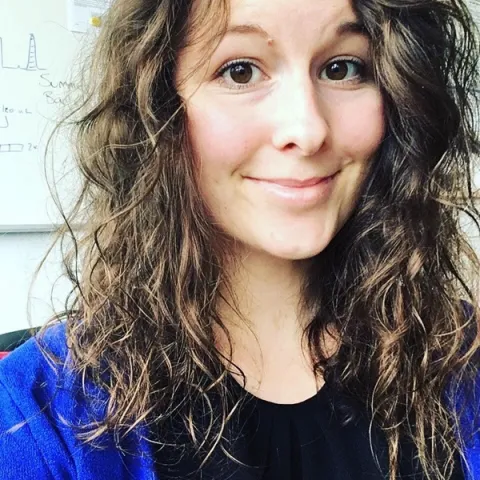About the project
The Cenozoic (66-0 Ma) is characterised by a shift from a warm, ‘greenhouse’ climate to a cold, ‘icehouse’ climate. However, the mechanisms responsible remain poorly understood. This project will combine organic geochemistry and Earth system modelling to assess the importance of organic carbon burial in modulating climate during the Cenozoic.
Over the last 540 million years, Earth's climate has oscillated between a globally warm 'greenhouse’ state and periods of significant continental glaciation called an 'icehouse' state. The most recent ‘greenhouse’ to ‘icehouse’ transition occurred during the Cenozoic (66 Ma to present) and was driven by a long-term decline in atmospheric carbon dioxide (CO2). This was an interval of major climatic and biotic change. However, we still do not understand why CO2 changed!
This PhD project will explore whether the organic carbon cycle was responsible for atmospheric CO2 change during the Cenozoic. This project is flexible and offers the PhD candidate the opportunity to pick key time intervals of the Cenozoic to explore links between CO2, temperature and the carbon cycle. This project blends data- and model-based approaches and provides opportunities to gain expertise using:
- different organic geochemical proxies (i.e., molecular fossils)
- cGENIE, an Earth system model that can simulate the interactions between climate and the carbon cycle
Through this combined approach you will
- quantify changes in organic carbon burial during the Cenozoic using data- and models
- evaluate the climatic and/or tectonic mechanisms responsible (e.g. continental configuration, shelf orientation, diagenesis etc) using models
- compare these to atmospheric CO2 estimates to determine the link between climate and the carbon cycle.
The findings of this project will help constrain the importance of organic carbon burial as a CO2 sink and has implications for understanding climate change during the Cenozoic but also throughout Earth’s history.
Training
The INSPIRE DTP programme provides comprehensive personal and professional development training alongside extensive opportunities for students to expand their multi-disciplinary outlook through interactions with a wide network of academic, research and industrial/policy partners. The student will be registered at the University of Southampton and hosted at the School of Ocean and Earth Sciences (SOES). Specific training will include:
- Extraction and isolation of organic compounds from sedimentary rocks. This will involve sampling sediment cores at the IODP Bremen Core Repository (https://tinyurl.com/y5gm95e9)
- Training in gas chromatography-mass spectrometry, GC-isotope ratio-mass spectrometry and liquid chromatography-mass spectrometry
- Experience in running cGENIE model simulations to simulate climate on multi-millennial timescales
- Proficiency in programming languages (e.g., R/python/bash)
- Scientific communication through multiple media and at various local, national and international conferences/meetings
These skills will address practical, numerical, statistical and laboratory skills, equipping the student for a career across a range of professions, inside or outside of academia.



